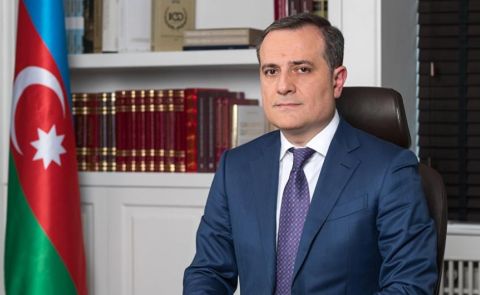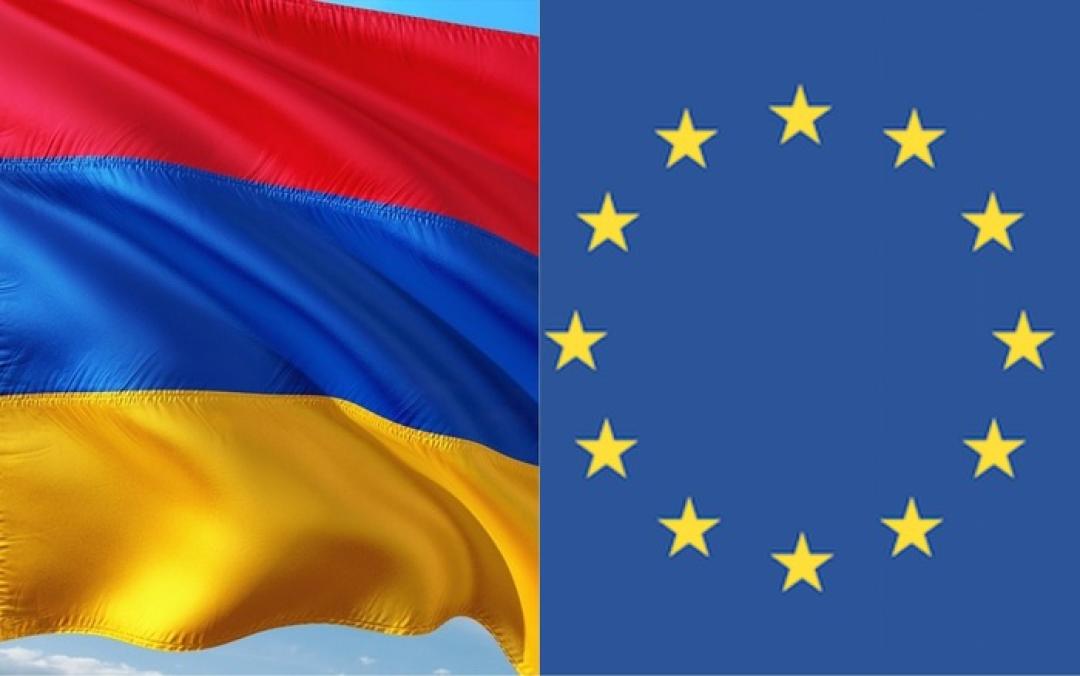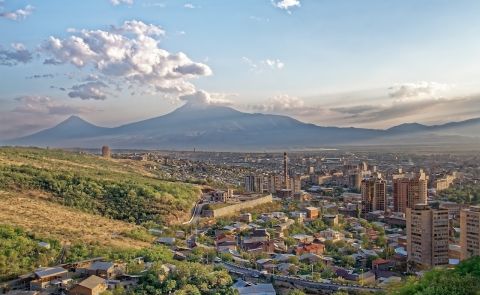
Armenia-EU Meeting Explores Cooperation, Visa Liberalization, Regional Dynamics

On June 27-28, the 4th Meeting of the Armenia-EU Partnership Committee established under the Armenia-EU Comprehensive and Extended Partnership Agreement (CEPA) took place in Brussels. The delegation of Armenia, headed by Paruyr Hovhannisyan, Deputy Foreign Minister of Armenia, participated in the meeting. As a result of the discussions, the parties adopted a joint statement.
Armenia and the EU agreed to strengthen their cooperation, emphasizing the EU's active engagement in the South Caucasus and to pursue their efforts to implement the CEPA, recognizing the progress made so far. The EU welcomed Armenia’s continued commitment to reforms in line with common values, despite the difficult security context of the region. The EU stands ready to continue assisting Armenia with CEPA implementation and addressing socio-economic challenges, including through the substantial Economic and Investment Plan (EIP) and its flagship initiatives.
The Partnership Committee reviewed developments related to the rule of law in the justice sector, law enforcement, the fight against corruption, and the respect for human rights. The EU appreciated the progress in these fields. Yet, the EU recalled the importance of continuous improvement of the independence and efficiency of the judiciary and the fight against corruption to increase citizens’ trust in public institutions. The EU emphasized the need to make additional efforts to eliminate discrimination on all grounds and encouraged Armenia to involve civil society in public consultations on legislative proposals.
The Partnership Committee also reviewed the progress on transport, energy, environment, climate action, and disaster risk management issues. Armenia and the EU will continue cooperating to enhance Metsamor Nuclear Power Plant safety. While acknowledging Armenia's efforts on renewable energies, energy efficiency, and environmental protection, the EU encouraged Armenia to set more ambitious emission reduction targets as part of its Nationally Determined Contribution.
The meeting was also an opportunity to review customs and economic development cooperation. The EU underlined the importance of customs cooperation to prevent the circumvention of the EU sanctions on Russia through the territory of Armenia. The discussion also took stock of developments in employment and social policies. Regarding education, the EU welcomed the adoption of Armenia's comprehensive Strategy covering the whole education spectrum and its ratification of the Creative Europe Agreement.
The Partnership Committee also discussed the possibility of launching a visa liberalization dialogue (VLD). In this regard, the EU noted that while the technical requirements for the VLD launch have been sufficiently met, this also requires a political decision. The EU encourages Armenia to engage with Member States on this topic bilaterally.
The partners also discussed the regional dynamics and the state of play of the Armenia-Azerbaijan normalization process in an increasingly challenging security situation. The Armenian side provided an update on the blockage of the Lachin Corridor. Armenia and the EU shared concerns about the risks of a humanitarian crisis. The parties welcomed the establishment of the EU Mission in Armenia.
See Also


Nordic-Baltic Delegation Meets Armenian Leaders to Discuss Regional Cooperation and Peace

Azerbaijan Strengthens Energy Partnerships with Multiple Countries

BP Strengthens Presence in Azerbaijan’s Offshore Energy Sector

Netanyahu’s Letter to Aliyev: Mutual Trust, Solidarity Following Hamas Attacks, Facilitating Dialogue Between Israel and Türkiye

